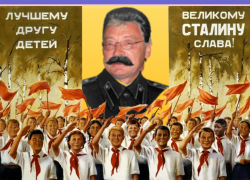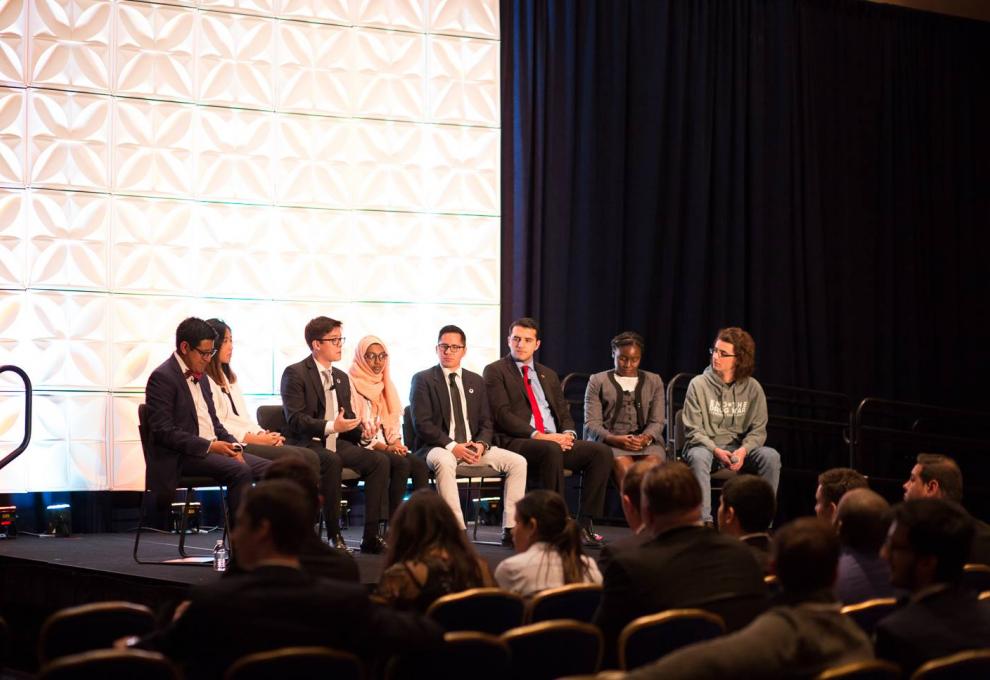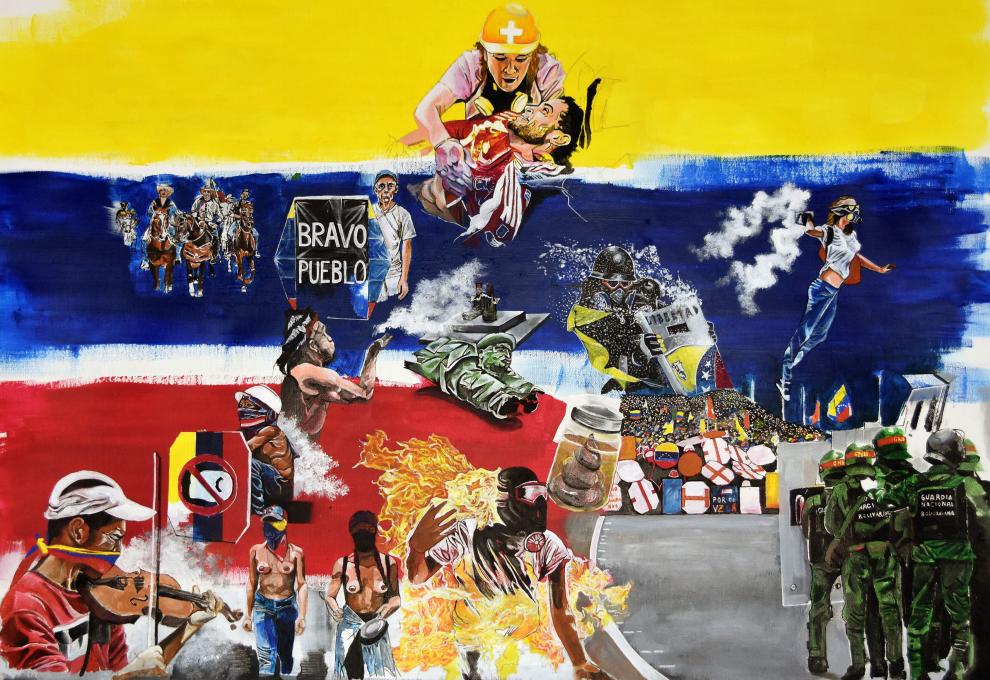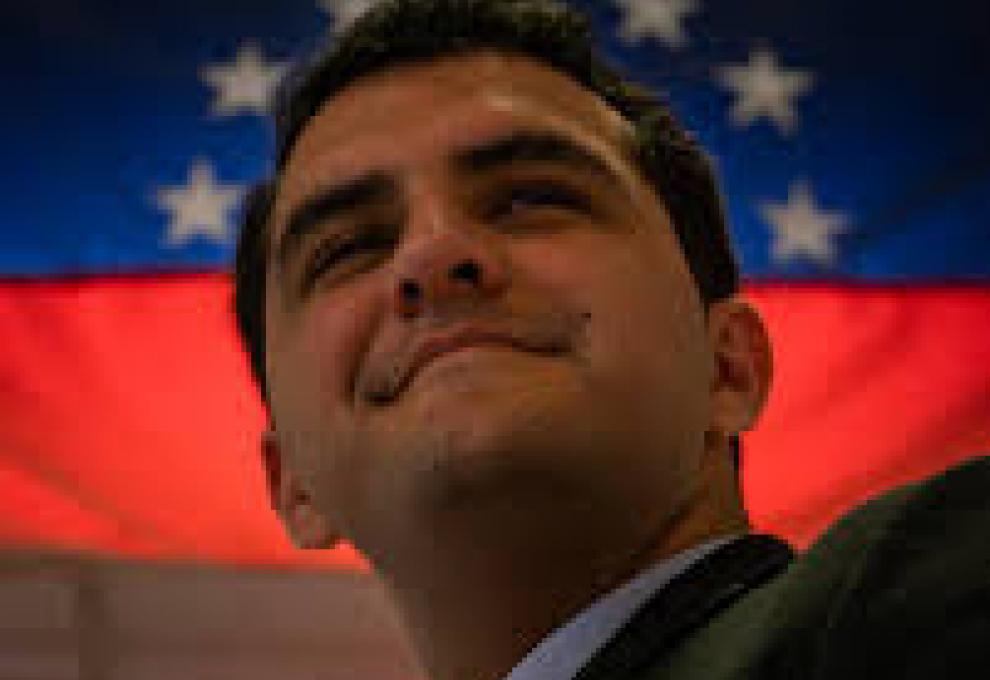Brazil elected Bolsonaro as its new president. What does the future of freedom in the country look like?
Jair Bolsonaro, a nostalgic of the military dictatorship, elected this Sunday 28th president of the biggest Latin American nation, promised to "change the destiny of Brazil", after an aggressive campaign that exposed the resentments of the majority of the population against the status quo that governed the country for 14 years. The captain of the Army reserve, candidate for the PSL, had 57.8 million votes (55.1%) against 47 million of his adversary, the socialist from the Worker’s Party (PT) Fernando Haddad (44.9%).
"We cannot continue flirting with socialism, communism, populism and left-wing extremism", said the newly elected mandatary, speaking at his home in Barra da Tijuca, in the western part of Rio de Janeiro, in a message transmitted live by its social networks.
Despite his violent and discriminatory commentaries against women, LGBTs, and other minorities, and his defense throughout its career to practices like torture and murder for criminals, Bolsonaro has managed to capture on the disappointment and anger of a population shaken by years of recession and stagnation, and also tired of corruption scandals. As a fervent defender of the military dictatorship (1964-1985) — and a declared admirer of the Coronel Brilhante Ustra, one of the regime's main torturers — Bolsonaro promised, however, to defend "the Constitution, democracy, and freedom".
No one is completely sure of what to expect of the Bolsonaro’s presidency, some experts believe that this could be a very dangerous path to the death of democracy in Brazil, others, in counterpart, argue that the new president could be the trigger of a real turning point in the nation to end interventionists policies, corruption and gang violence on a way for prosperity, security and ‘order’. With the popularity of newly elected mandatary, his party, PSL, (in which he affiliated just some months ago) also grew up in numbers of elected deputies in Congress, coming from a couple at the beginning of the campaign to 52. Brazil now has the most conservative Congress in decades, which raises the alarms of many activists, ONGs and humanitarian groups that have fought in favor of individual liberties for decades in the nation. Many fear that this ‘conservative wave’ could have a direct impact on minorities rights, creating a turning point in the country’s social politics with regressive conservative policies.
Among some other plans, Bolsonaro also supports the rapid processing of a new security guideline, which includes: a facilitation of the legalization of weapon’s carrying; the end of ‘temporary departures’ normally granted to prisoners of the semi-open regime from prisons; the exclusion of unlawfulness for police and prisoner work, among others. other measures. It also supports the reduction of the age of majority in prisons, but it is unlikely that this issue will move fast. However, this is a guideline that was already in Congress and must advance by changing the configuration of forces in the House.
In economic matters, Bolsonaro has always been a nationalist, having supported several statist measures (sometimes associating himself with the left) throughout his career as a federal deputy. But now, he promises to "take the State out of the producer's neck", declaring that he will do reforms to the nation’s economy in favor of more private property and free markets. Admitting that he personally does not understand anything about economics, Bolsonaro brought to his team to Paulo Guedes, a self-defined classical liberal who defends the privatization of most of the currently state-owned companies at a pace never seen before. He is also one of the founders of the investment bank Pactual and has a history of accurate performance in the financial market.
Although they would be of enormous symbolic power, privatizations would not necessarily be decisive for the success or failure of management. You can privatize everything without changing anything, although private companies are better than public companies in general. Even infrastructure concessions depend on other factors to displace and I think they will make a difference only after the new government takes more urgent action.
Guedes is trying to convince Bolonaro to endorse the approval of the Central Bank's autonomy to resolve doubts about its functioning. Autonomy doesn't make a Central Bank any better, but it ensures that we don't need to over-interpret the president-elect's statements about change, for example — when mandataries talk about exchange controls and printing money. With autonomy, the Central Bank is freed from that kind of pressure and the nation's currency could become more stable.
In addition, the president of the BC has a reform agenda for the financial sector that has just begun to walk, depends on the approval of some projects by Congress and on regulatory adjustments that are being debated. According to the IMF, the reform of the Brazilian banking sector should be a priority because it is the one that brings the greatest gain in productivity due to the multiplier effects of the fall in interest rates in the market.
The economic team is probably going to continue the adjustments initiated in Caixa, bank that came to ask for extra money from the government to comply with the rules imposed by the Central Bank, after being used politically until the middle of Michel's government. In a better situation, the Bank of Brazil also needs a professional management that prepares the bases for a model in which subsidized interests (as for the agricultural sector) will have to decrease.
It would be a dangerous turnaround investment around political appointments and expansion of directed credit. The Bolsonaro’s government is expected to quickly announce the names that will lead these economic institutions, signaling to the market that there will be more competition and efficiency in the sector.
Brazil entered the mine of public accounts and what almost everyone wants to know is what is Bolsonaro's proposal for Social Security. His advisors talked about things such as separating assistance (which is already done) from the account and making capitalization (impossible without dealing with everything (Brazil), 55% of public spending on welfare plus GCP (welfare spending that is managed by the INSS) and that account grows at a faster rate than GDP. Short-term adjustment, with extraordinary revenues, is possible for more than has become one of the main causes of the global economic crisis.
The Temer's government left a bill ready to be voted on in Congress. It may not be enough to prevent further adjustments, but it is already a start. Consequently, Congress would have to move on what it did not want now: rural retirements, policial social security, special retirements of teachers and military, and so on. In other words, a reform "to last", as one of Bolsonaro's interlocutors said, is a big thing and very difficult to approve at once.
If the bill that's in Congress doesn't work, Brazil will need something in its place. And preferably it should bring new enough economic recipes to stabilize the growth of public spending. Without that, the elected government will have to deal with the same kind of growth moorings that pitted Dilma Rousseff and Michel Temer against each other.
There are expectations that trade liberalization will advance rapidly. Brazil today has the same average import tariff as 20 years ago, and it’s one of the largest emerging markets. These barriers hurt consumers, who pay more or need to buy products of lower quality and benefit protected sectors, which achieve higher profit margins.
Trade openness does not depend on congressional approval or trade negotiations. A government that wants to strike a blow in that area needs only to make the decision, it may be on its first day. Bolsonaro has indicated that he would not follow that path and would go for negotiations with countries that want to trade with Brazil. Nationalist oratory somewhat hinders the opening process because it would limit the reduction of tariffs to countries that sign new agreements with Brazil, something that has not been easy in recent years.
Considering the nation's urgent problems and the brutal opposition that will surely be made by the PT and its satellite parties and organizations, the task of the Bolsonaro government is far from easy. He will have to rule a strongly divided Brazil, and try to not fall in the process, taking the country's well being with him.
Jorge Carrasco (Brazil) FTN Editorial Team Latin America




















